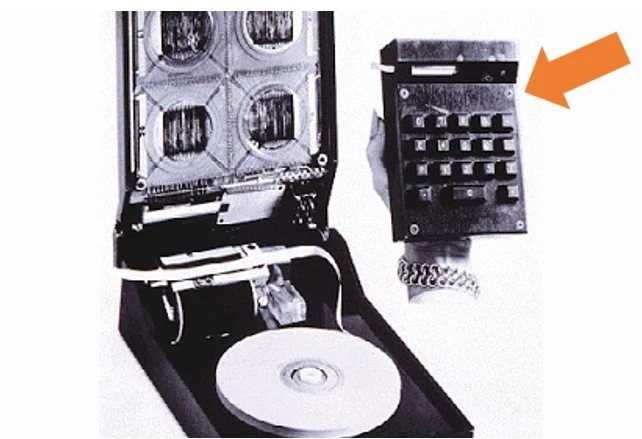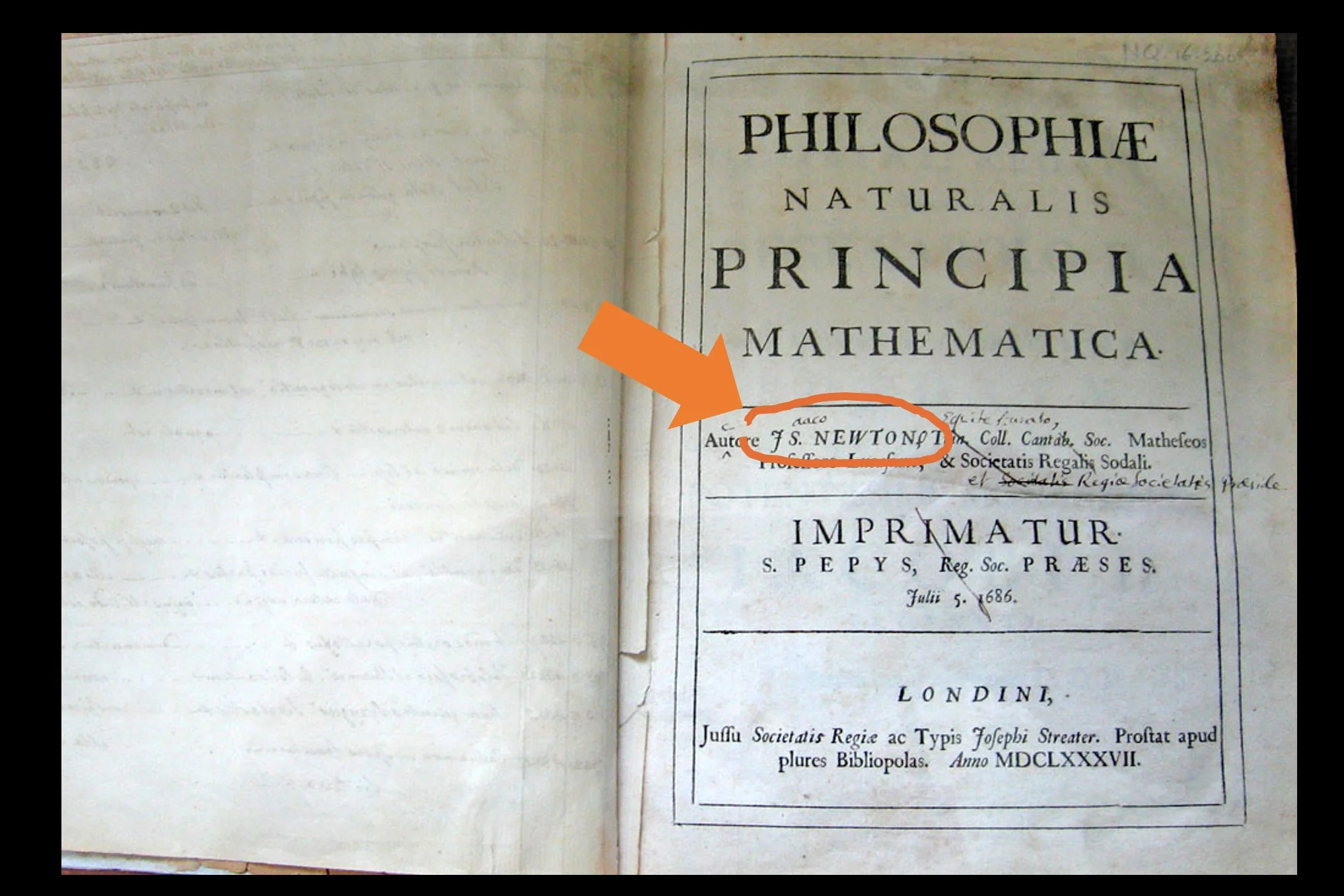Trade Studies
Image by the greenhummerproject reproduced under creative commons (CC BY-NC 2.0)
Another tool in the engineer tool belt is the trade study. Need a decision among many alternatives? Do a trade study. The hardest part, what criteria to use. For instance, looking for the best car for the environment? Well you want to look a gas mileage, fuel used, and emissions emitted. But an article (reprinted below) from Machine Design suggest looking at a trade study from CNW Marketing Research Inc. which took a more holistic view by taking into account the environmental impact of the cars production and most importantly, DISPOSAL. The winner: The Hummer. Controversial but true. Trade Studies, specially a 479 page report, can't lie. Can it?
|
People who subscribe to catastrophic global-warming scenarios sometimes buy hybrid vehicles to do their part in saving the planet. As for me, I'd be more likely to buy a Hummer if I thought man-made global warming was a real problem. The reason is simple. Though hybrids have much higher fuel efficiency, their overall energy cost exceeds that of SUVs, including the Hummer. The overall energy cost of the Honda Accord hybrid, for example, is $3.29/mile; for the Hummer H3 it's $1.949/mile. This interesting statistic comes from CNW Marketing Research Inc., which spent two years collecting data on how much energy it takes to plan, build, use, and dispose of specific vehicle makes and models. CNW's figures on energy use are impressively inclusive. They factor in such details as the distance auto-plant employees drive to work, electricity usage at car dealerships, and literally hundreds of other variables. The 479-page study is free and well worth digging into. Readers will find, for example, that the fuel a car burns over its lifetime isn't the largest portion of its energy use, just the most visible. Also interesting is that energy consumed during manufacturing makes up only a small part of the total energy cost/mile. And it's easy to get tripped up calculating energy use. Toyota, for example, says it reduced by 30% the energy it consumes to build vehicles in Japan. But CNW says Toyota's claims ignore the energy demands of its suppliers building full-module components. In some cases, the energy requirements of these suppliers actually exceed those of Toyota had the automaker kept the work in-house. It also becomes clear why hybrids don't score well on lifetime energy use. The first generation of hybrids is likely to be scrapped earlier than comparable ordinary vehicles, simply because first-generation technology rapidly loses maintenance support. Repairs quickly become a losing proposition. Hybrid components are also more expensive to make and recycle. H2 Hummers, for instance, have about $800 worth of medium-weight steel, which takes about $200 worth of energy to produce. The steel is easily recycled. The infrastructure to do so has been in place for decades. But the Prius has lightweight steel and steel composites that cost about $585 and take roughly $230 worth of energy to produce. Disposal of this metal is more energy intensive than that in the Hummer though there is less of it. The complexity of hybrids and their relatively low volumes also works against them when repairing accident damage. A Prius, for example, needs nearly three times more time and twice as many parts costing nearly nine times more than a comparable small car in an identical accident. Complexity also takes a toll during design and development. The energy to design and develop a Prius runs $29,000/vehicle. For a Corolla, it's just $2,600. All in all, the report points the way for those who truly want to minimize planet-wide energy use. The clear choice is a used original VW Beetle. Its overall energy cost is a mere $0.05/mile. |














